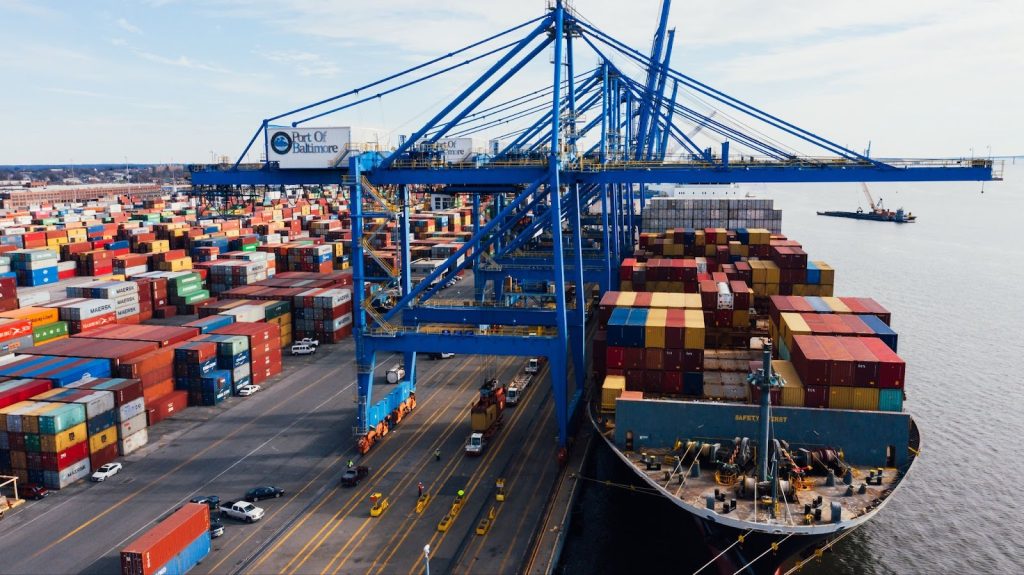Table of Contents
The Economics of Trade: Definition of Trading and Implications
Trade is much more than just buying and selling. It’s a cornerstone of our global economy, shaping how nations interact, industries evolve, and markets function.
In this article, we’ll take a comprehensive journey through the world of trade in economics, simplifying complex concepts so everyone can understand.
Entering the World of Economic Trade
Trade is everywhere, from the local farmer’s market to global giants like Amazon and Alibaba. It influences prices, job opportunities, and even diplomatic relations between nations.
According to Investopedia, the definition of trading refers to the buying and selling of goods and services, often with the aim of making a profit.
It can take place within (domestic trading) or between countries (international trading) and can involve products, assets, or financial instruments.
Definition of Trade in Economics
When we hear the word “trade,” many of us might think about swapping toys as kids or maybe shopping at a store. However, the definition of trade in economics has a bigger meaning. Let’s break it down using easy words.
Firstly, when we talk about the definition of trade in economics, we’re talking about how people, businesses, or even whole countries buy and sell things to each other. It’s like when you go to a shop and buy a toy – you’re trading your money for that toy.
Now, think about where everything you buy comes from. Some things might come from your own country, and others from far away. This is where the two main types of trade come in.
If you buy something made in your own country – let’s say apples from a local farm – that’s called domestic trade. It’s like trading within your home team. Everything happens inside your country’s own “home.”
But what about when you buy something that’s made in a different country? Maybe a toy made in China or chocolate from Switzerland? This is what we call international trade. It’s like two different teams trading things with each other.
So, in simple words, the definition of trade in economics is all about buying and selling. Whether it’s you with your local shop, a business with another business, or even one country with another country. And depending on where the trading partners are, it’s either called domestic trade or international trade.
Journey Through Time: The Evolution of Trade
Source: Pexels
Before money, there was barter. And before global trade deals, there were simple exchanges at local bazaars.
- The Age of Barter
Historically, people simply exchanged goods directly without any standard currency. This is known as a barter system, and while it worked for small communities, it had its limitations, like finding someone who wanted what you had and had what you wanted.
- Birth of Currency and Trade Routes
As civilizations grew, the limitations of barter became clear. Coins, and later paper money, became the preferred mediums of exchange. This led to the development of ancient trade routes like the Silk Road.
- Modern Trade: Global Networks and Digital Platforms
Fast forward to today, we’ve gone from local bazaars to online marketplaces and from caravans to cargo ships. Technological advancements have made reaching global markets easier for even small businesses.
Theoretical Insights: Understanding Why Trade Happens
Source: Pexels
Why do countries trade? If you’ve ever wondered about this, you’re not alone. Let’s dive deep into the world of trade with some simple explanations.
- Comparative Advantage
Have you ever noticed that some people are really good at certain things while others are good at something else? Just like individuals, countries have their strengths.
David Ricardo, a smart thinker from the past, introduced the idea of Comparative Advantage. He said that countries should focus on making stuff they’re really good at, even if they aren’t the best.
This way, they can trade and get other stuff they need. Imagine it like teamwork: if everyone does what they’re good at, the team does great!
- Absolute Advantage
Sometimes, a country is just naturally great at making certain things. This idea was shared by Adam Smith, another smart guy from history.
He believed that some countries could make things more efficient without needing any help from outside. It’s like being a natural at a sport or a game – you just rock at it without trying too hard.
- Gains from Trade
Here’s a fun fact: when countries focus on what they’re best at and then trade with others, everyone gets more goodies.
This idea, called the Gains from Trade, means that when countries work together and trade, stuff becomes cheaper, the quality improves, and people have more jobs.
International Trade’s Massive Role Today
Source: World Bank
According to World Bank data, global exports, measured as a percentage of GDP, rose from 13% in 1970 to 30% right before the 2008 financial crisis.
However, over the last ten years, the ratio of world exports to GDP has remained stable, not increasing since its 2008 high.
Fuelling Economies: GDP and Jobs
Trade isn’t just about products moving around. It’s about money flowing between nations, boosting national incomes (GDP), and creating jobs.
According to the World Trade Organization reveals that international trade represents almost 60% of the global GDP.
Beyond Numbers: Growth and Opportunity
Trade is like a magic door. It opens new chances for businesses to sell things in different places. Let countries get unique stuff they don’t have, and help everyone learn and share new ideas.
Trade means new markets for businesses, access to unique resources for countries, and the sharing of knowledge and technology worldwide. In this era, trade agreements and partnerships define the geopolitical landscape.
In Conclusion
Whether local or global, trade has been the driving force of economic development for ages. From barter systems to blockchain, its evolution signifies human progress. It’s not just about exchanging goods or services; it’s about exchanging ideas, cultures, and opportunities.
Are you or your business looking to tap into the vast world of international trade? Step into Hi-Fella, a digital platform connecting businesses globally.
Whether you’re eyeing new markets, seeking partnerships, or aiming to boost your brand on a global scale, Hi-Fella is your one-stop solution. Join today, and let the world be your marketplace!








